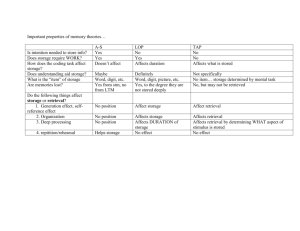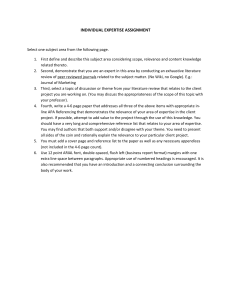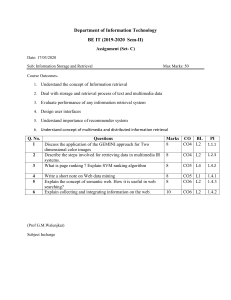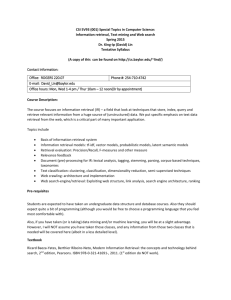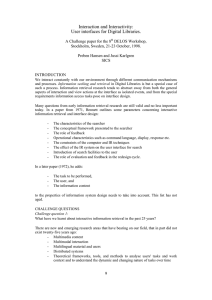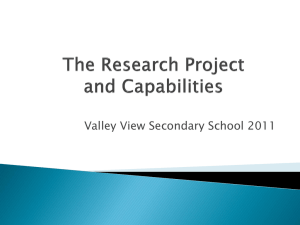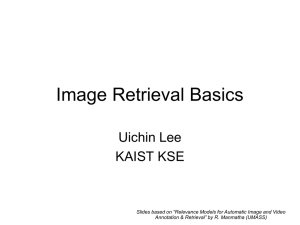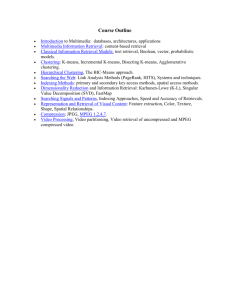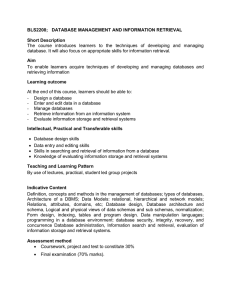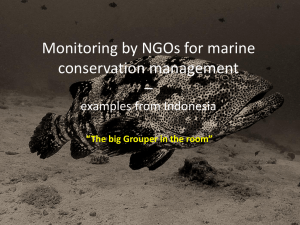The Future of Information Literacy
advertisement
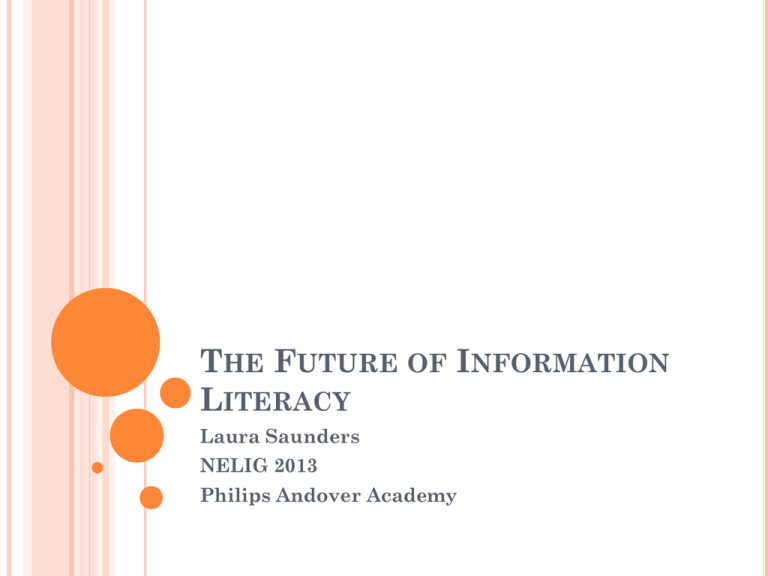
THE FUTURE OF INFORMATION LITERACY Laura Saunders NELIG 2013 Philips Andover Academy IL: WHAT & WHY? WHO IS INTERESTED? THE CURRENT PICTURE Opportunities & Challenges AREAS OF CONVERGENCE: OPPORTUNITIES Wide recognition of importance of IL Relevance Collaboration Integration Mission alignment WHAT THE EXPERTS SAY Collaboration is key Move past search and retrieval Define and demonstrate relevance Importance of assessment WHAT ARE THE BARRIERS? Commonly identified: resources, faculty reticence/attitude, lack of common vocabulary, lack of role definitions… WHAT COMES NEXT? Charting the Future FACULTY PERSPECTIVES Common Concersn Searching Sources Evaluation Disciplinary Divergences Plagiarism/Academic integrity/citing sources Evaluating information Finding/using original data or statistics Finding/using nonpeer reviewed literature (opinion pieces, blogs,… Finding/using peerreviewed sources Finding/using primary sources Specific Search Tools (library catalog, databases, Google, etc) General Search Strategies (Boolean, Proximity, Subject vs. keyword, etc) Finding/Refining a topic FOCAL POINTS OF INSTRUCTION 9 8 7 6 5 Humanities (Literature, Languages, Art, Music, etc.) Social Science (History, Political Science, Psychology, etc.) Health Science 4 3 2 Natural/Physical Sciences 1 0 Business/MBA Rating Average HOW DO WE ACCESS OUR OPPORTUNITIES… …WHAT ARE THE SOLUTIONS? AREAS OF OPPORTUNITY Communication: The language of faculty Il in the disciplines Beyond retrieval to evaluation Assessment as opportunity TRENDS: INSTRUCTION Threshold concepts: transformative & troublesome! Metadata & findability Good searches use database structure Format as process Authority is constructed & contextual ‘Primary source’ is an exact and conditional category Information as commodity Research solves problems Evaluation & Skepticism TRENDS: OUTREACH & INTEGRATION Embedding Research Consultations Focus on faculty TAKING THE LEAD
